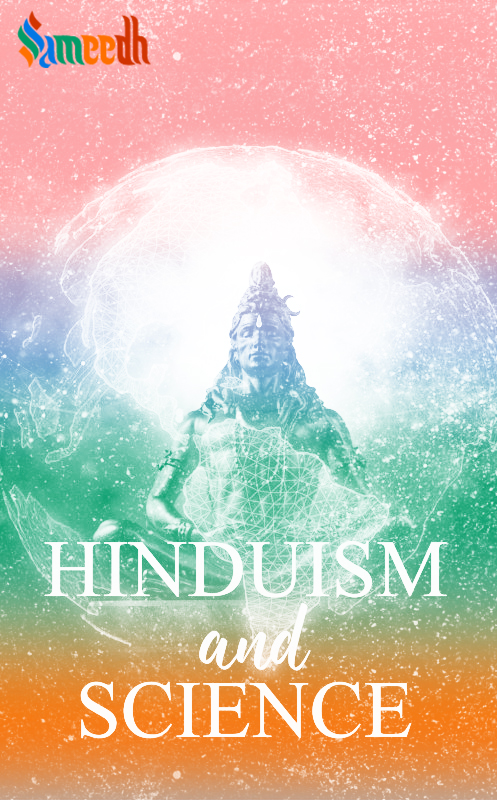Hinduism is often referred to as a “scientific religion” due to its historical emphasis on observation, inquiry, and the pursuit of knowledge.

Hinduism is often referred to as a “scientific religion” due to its historical emphasis on observation, inquiry, and the pursuit of knowledge. While Hinduism is not a monolithic belief system and encompasses a wide range of beliefs and practices, there are several aspects that have contributed to its reputation as a “scientific” religion:
- Ancient Texts: Hinduism has a rich collection of ancient texts, including the Vedas, Upanishads, and various philosophical treatises. These texts often encourage the exploration of the nature of reality, the universe, and human existence. They discuss concepts such as cosmology, ethics, and the nature of consciousness.
- Yoga and Meditation: Hinduism places great emphasis on practices like yoga and meditation, which have been studied and acknowledged for their positive effects on physical and mental well-being. These practices involve systematic observation of the mind and body, and they encourage self-awareness and self-improvement.
- Observation of Nature: Hinduism historically encouraged people to observe and understand the natural world. Many aspects of Hindu rituals and ceremonies are tied to natural phenomena such as the movement of celestial bodies, changing seasons, and the elements.
- Concept of Dharma: The concept of dharma in Hinduism emphasizes ethical duties, responsibilities, and righteous conduct. This aligns with a scientific approach to understanding and improving society, as it promotes harmony, justice, and the well-being of all beings.
- Philosophical Inquiry: Hindu philosophy encompasses a wide range of schools of thought, including Nyaya (logic), Vaisheshika (atomism), and Mimamsa (ritual analysis), among others. These philosophies involve rigorous logical reasoning and systematic inquiry into various aspects of existence.
- Tolerance of Diverse Views: Hinduism has a history of accommodating diverse perspectives and beliefs, which can encourage open-mindedness and the pursuit of knowledge. This can create an environment conducive to scientific inquiry and exploration.
It’s important to note that while Hinduism has these aspects that can be seen as aligning with scientific principles, it’s not a scientific system in the same sense as modern science. The term “scientific religion” is a characterization that highlights certain qualities of Hinduism but should not be taken as a direct comparison with the methodologies and principles of contemporary scientific disciplines.
